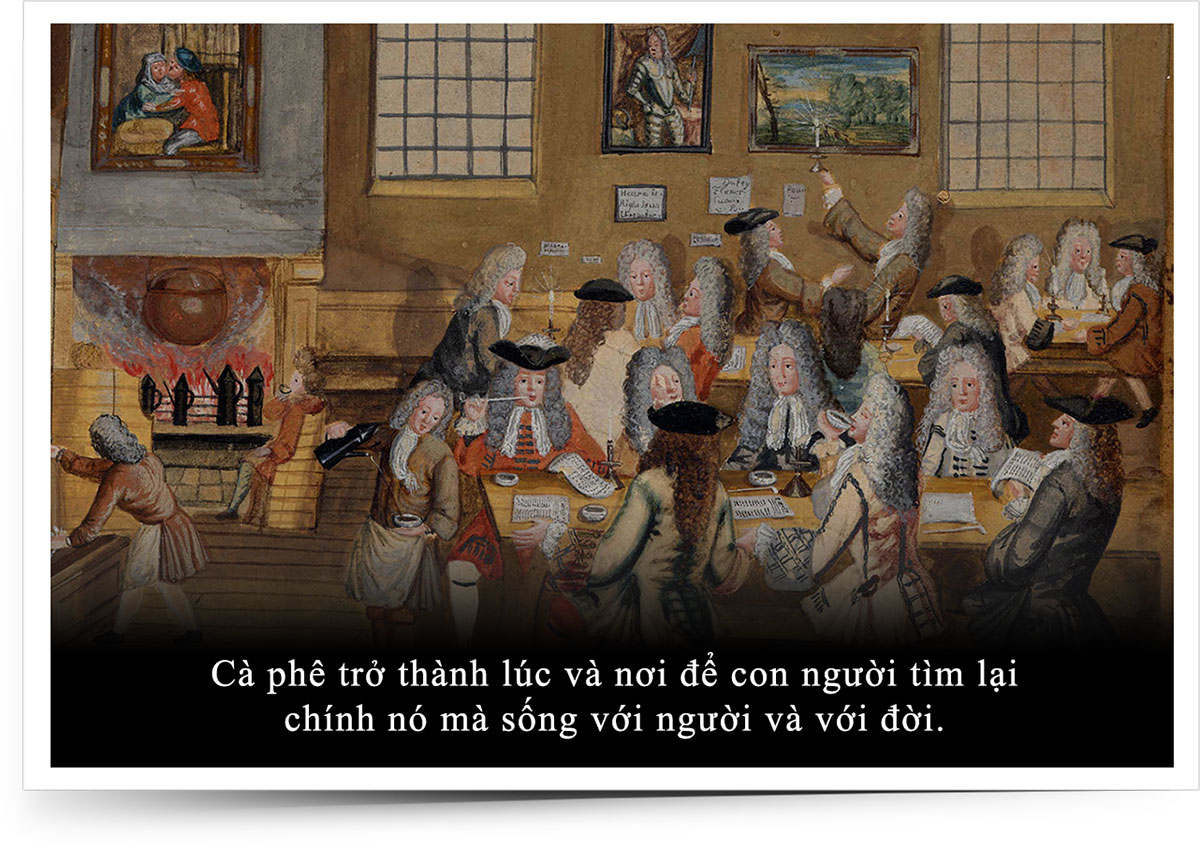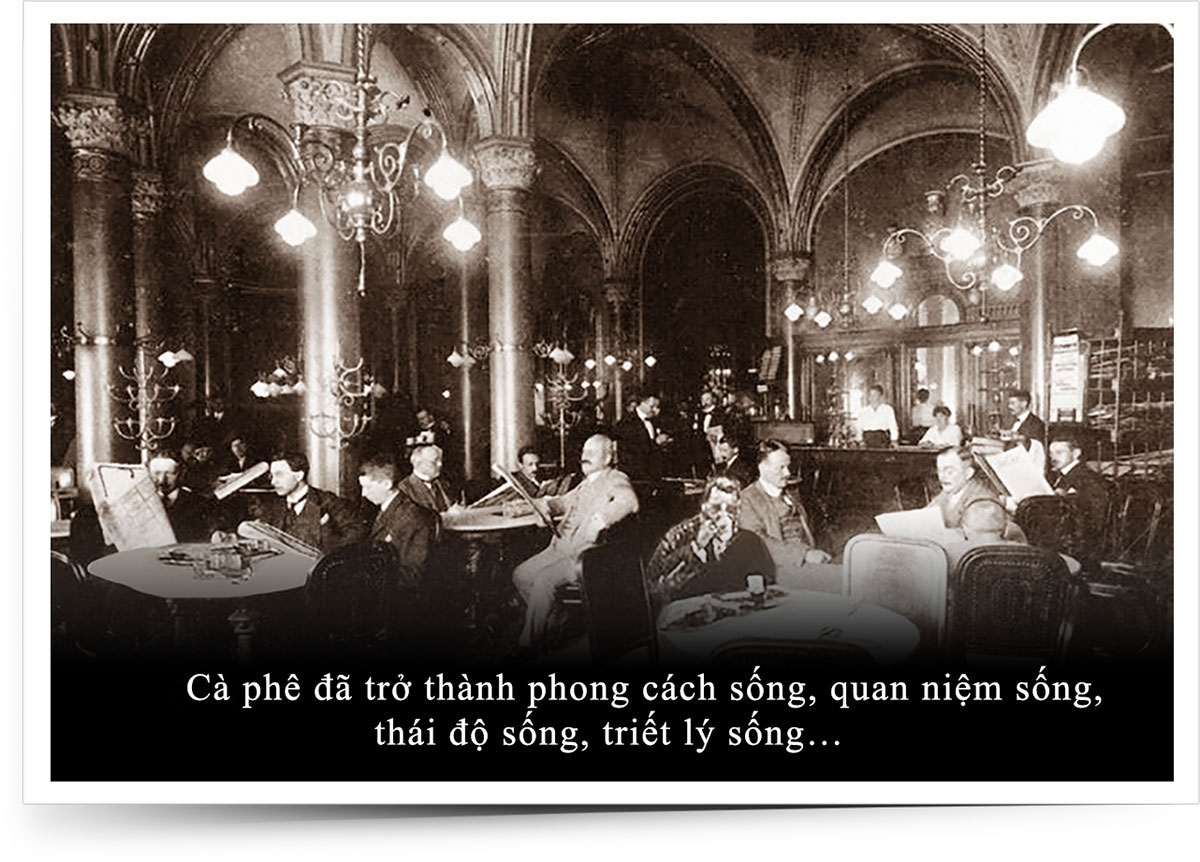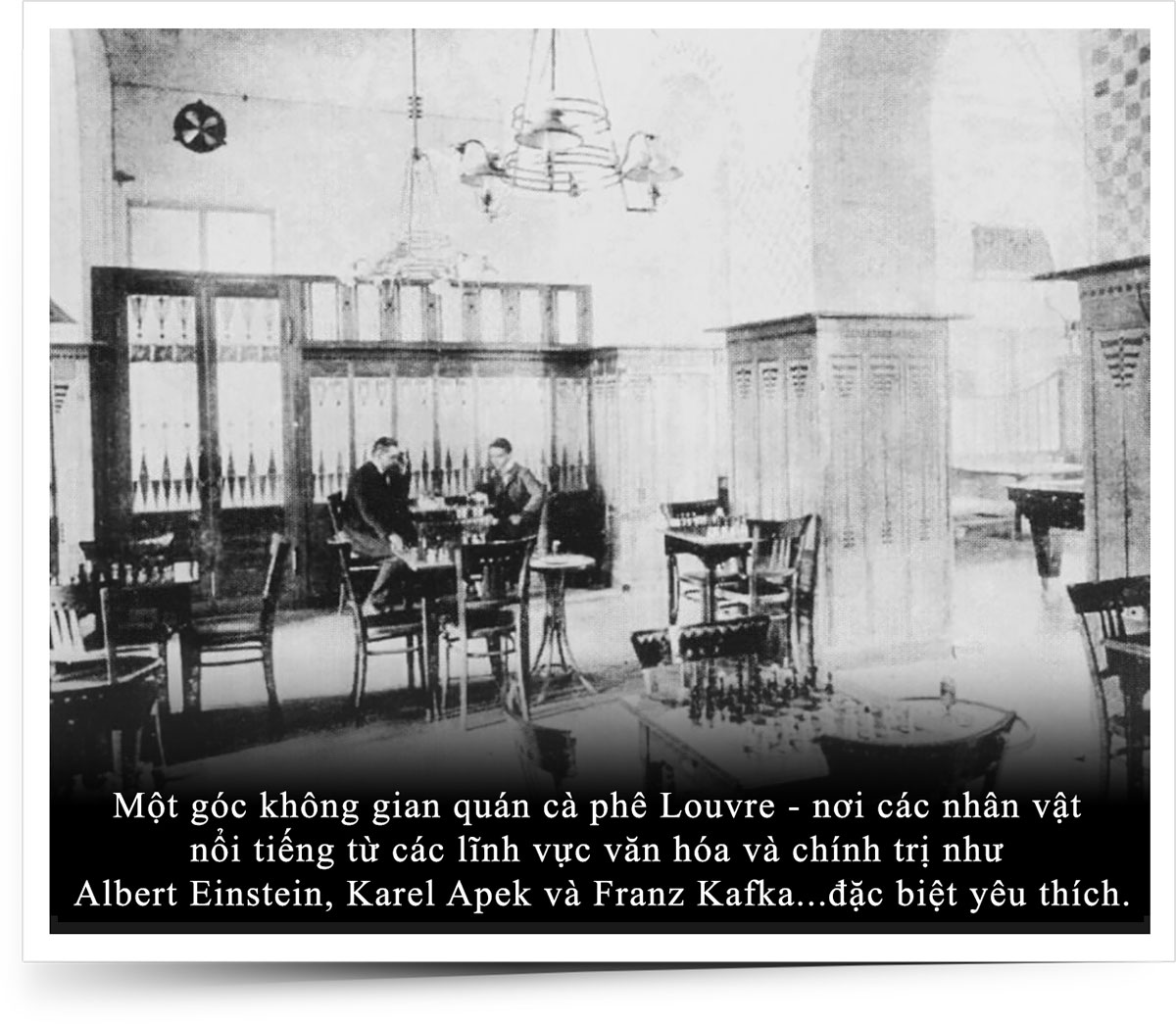Article 6: Societas coffea
From “Homo Coffea” (Coffee Man) derives the concept of “Societas Coffea” (Coffee Society), based on a simple and universal statement that “no one goes to a coffee shop just to drink coffee.”
The Japanese have positioned the Tea Ceremony as a national ethic, an art of living conveyed through enjoying a cup of tea. Meanwhile, Vietnam – a coffee powerhouse in the world, has the best Robusta coffee beans in the world, has a long herritage of coffee culture for hundreds of years; and yet, Vietnamese coffee is still in the low-end market segment, mainly exported raw and has not been properly positioned as it should be in the perspective of an industry and a nation.
With the desire to bring Vietnam’s coffee industry to a new level, pitching the value of coffee not only as a common drink but as cultural coffee, art coffee, spiritual coffee… all the way to philosopher’s coffee, worthy of the status of the world’s coffee powerhouse – Trung Nguyen Legend Group has dedicated time and passion for many years researching history, culture, art… coffee from all walks of life so that coffee could be become “Coffee of Philosophy”.
On the Trung Nguyen Legend’s creative and development journey, the spirit of commitment to serving the community has always been at the core throughout with many initiatives to Create Great National Aspirations and Great National Intentions; in order to reposition Vietnam’s coffee industry on the world coffee map and on this journey, Trung Nguyen Legend wishes to join hands with national strategists so that Vietnam will soon become a strong nation that influences the world!
The Japanese did it!
The Vietnamese can do it too and do it better!
Just like breakfast coffee is not only to start the morning but also to reflect on the past day and to think about the new day ahead, coffee contains inside itself those dimensions that connect people to themselves and others: coffee becomes when and where – that is, embracing both time and space – for people to get in touch with themselves and to live in connection with people and with life.

Coffee becomes when and where for people to get in touch with themselves to live in connection with people and with life.
That is why coffee and coffee shops have turned into places of epiphany and moments of enlightenment, filled with man’s longing in the relentless pursuits of the technological age that started in the second half of the 18th century. That is why there are “coffee – philosophy”, “coffee – literature”, “coffee – poetry”, “coffee book”, “coffee painting”, “coffee – music”, ” coffee – drama”. Coffee, in short, is no longer just coffee; it has become a way of life, a concept of life, an attitude of life, a philosophy of life… coffee has turned into music, literature, poetry, philosophy, painting… because coffee is also nostalgic for the past and hopeful for what is to come; coffee is full of its drinker’s thoughts.

Coffee has become a way of life, a concept of life, an attitude of life, a philosophy of life…
The development of “Societas Coffea” also contributes significantly to creating the configuration of Western European identity: if you can sketch the geographic location, the design of the coffee shops, how coffee is served and consumed in different cities of Western Europe, then you can tell the universal archetypes as well as the specific characteristics of the people in the countries of the “coffee civilization” zone of the Western European continent.

A corner of café Louvre – where famous figures from the fields of culture and politics such as Einstein, Karel Capek and Franz Kafka… especially loved
Therefore, the way of drinking coffee and the cultural atmosphere in the coffee shops of different cities in Western Europe have become not only “relics of memory” but also “stages of national identity”, which sheds some more light on why each type of coffee shop has the ability to attract its own unique customer segment.
It is not without reason or by accident that Lenin and Trostky met many times just at the cafe Rotonde while in Paris, or that the psychoanalyst Sigmund Freud, the writer Rainer Maria Rilke and the composer Gustav Mahler chose the Central Kaffeehaus in the Austrian capital as a meeting point, or Albert Einstein, during his two years in Prague, just sat in the hidden corner behind the window of the café Louvre, or Jean Paul Sartre writing vivid pages about the “self-existence of the cafe waiter” in the famous philosophical work “Being and Nothingness” at no other places but the table near the fireplace of the Café de Flore on top of Saint-Germain-Des-Pres in Paris…
THE REAL COFFEE
ROASTED ONLY FOR PEOPLE OF WISDOM!
Source: “The Philosophical Way of Coffee” – copyright by Trung Nguyen Legend


